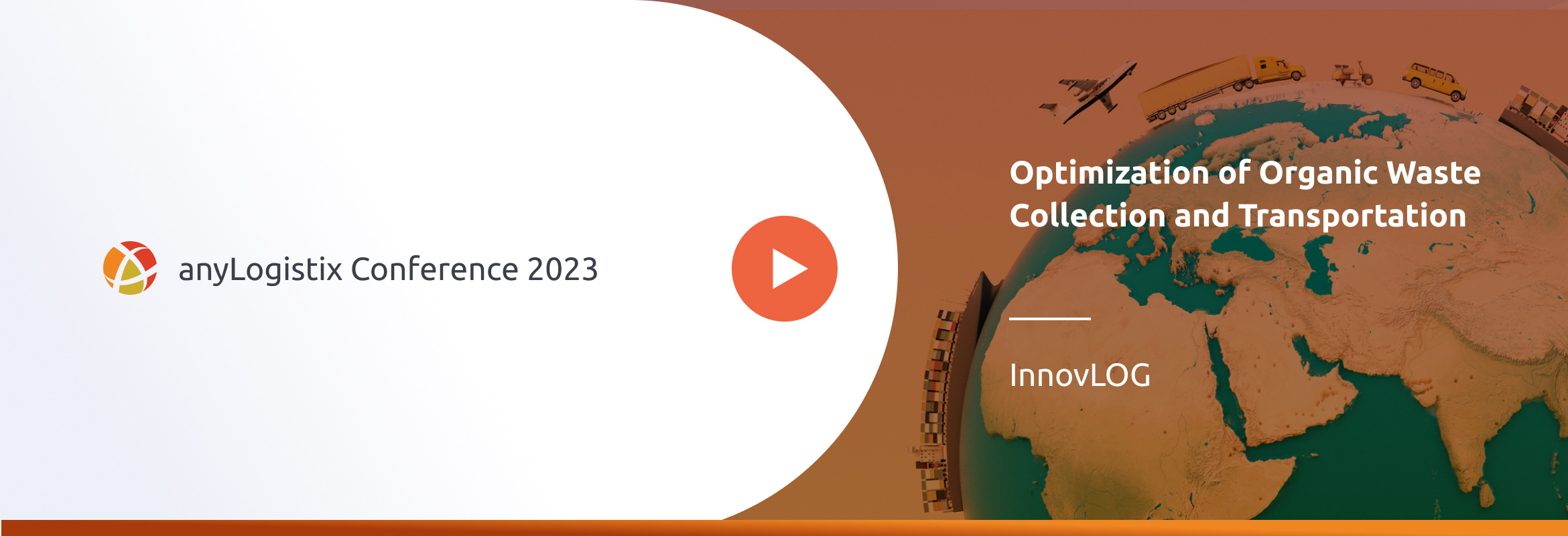Optimization of Organic Waste Collection and Transportation

The National Zero Waste Council of Canada reports that Canadians annually waste 2.3 million tons of food, equating to $20 billion and 9 million tons of greenhouse gas emissions (GHG). To valorize waste materials and reduce GHG emissions, anyLogistix supply chain design and optimization software was used to optimize truck routes for organic food waste collection and recycling.
The initial stage involved developing a vehicle routing model based on variables such as pickup locations, waste volumes, and operational constraints. The data was integrated to anyLogistix software to develop simulation models that would estimate the most efficient vehicle routes, considering factors like GHG emissions, cost, and distance.
Utilizing anyLogistix's optimization algorithms, the project generated a set of optimized routes for the collection vehicles. As a result, the company was able to reduce transportation costs, improve waste collection efficiency, and reduce environmental impact.
In this video, watch how InnovLOG optimized vehicle routes for a waste collection and valorization company.
Presentation agenda:
- The Québec Institute for Innovation in Logistics (InnovLOG).
- A summary of food waste in Canada.
- Organic waste collection.
- Details of business challenge.
- A five-step process was implemented to solve the challenge.
- Why anyLogistix?
- Transportation optimization (TO) experiment.
- Benefits of anyLogistix.
- Conclusion: anyLogistix was utilized to optimize the collection process.
- Q&A session.


